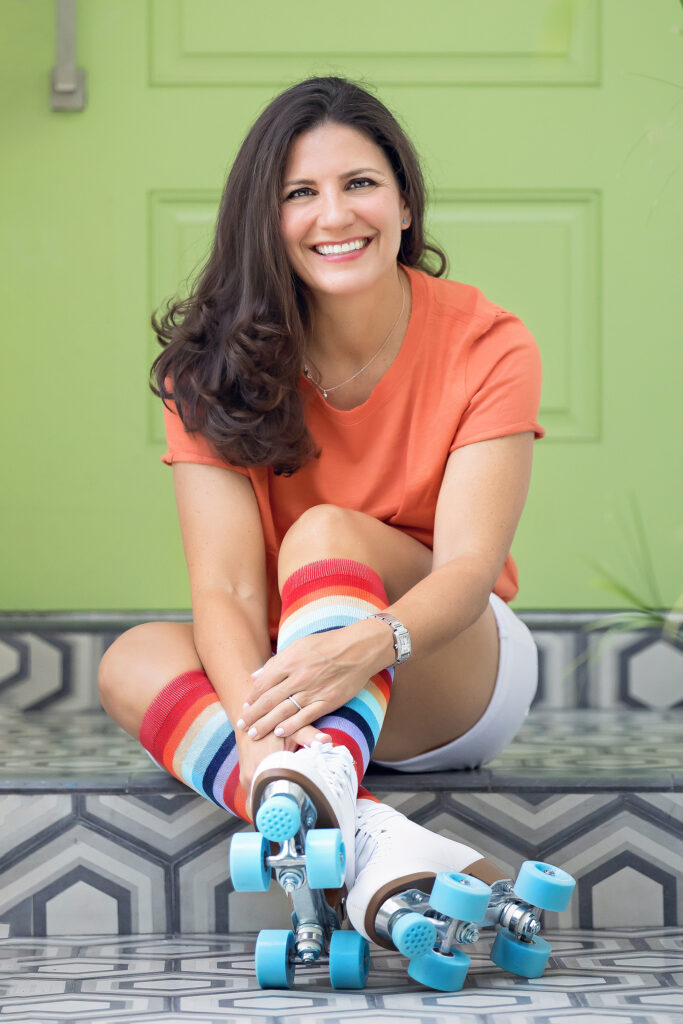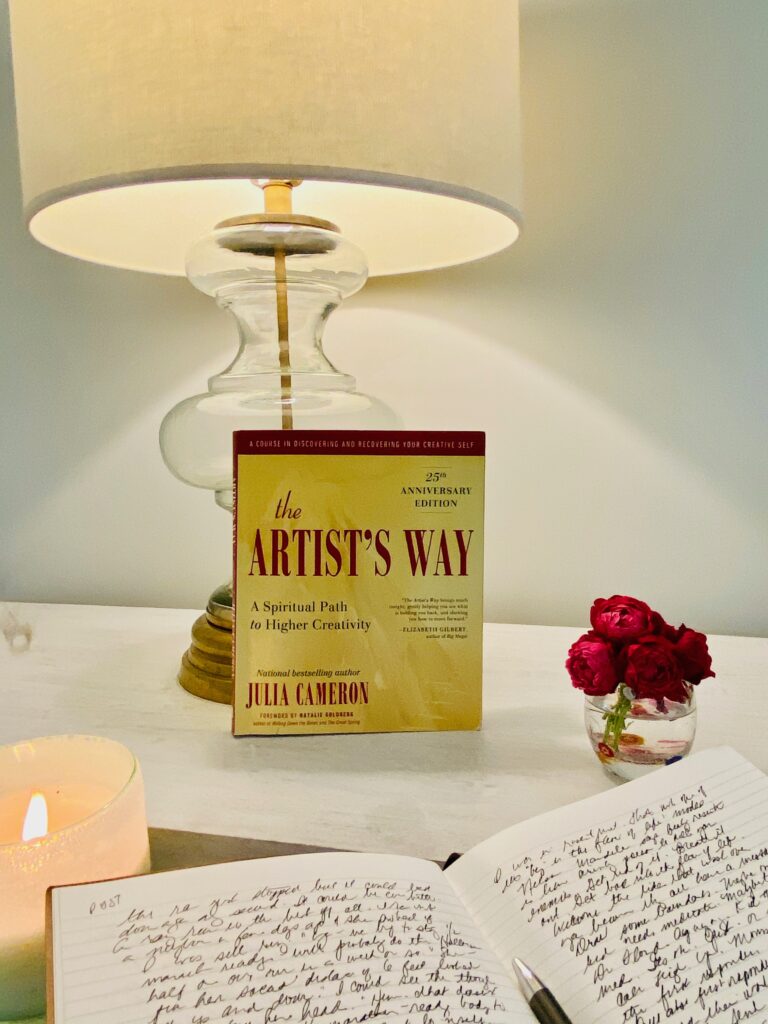
While in grad school in my early twenties, I applied for a job at Kirkland Air Force Base. The security clearance required a list of every place I’d ever lived: twenty-six different homes and apartments including 3 months in a borrowed tent on the beach in Costa Rica. During the interview, the officer asked why I’d moved so much. I killed a guy was on the tip of my tongue. His straight line of a mouth and stiff uniform suggested he might not find that funny. I didn’t want to end up in some Private Benjamin-style misunderstanding, so for once, I kept my mouth shut. I was rewarded with a job, an annoying pager and a big orange badge.
But the question stayed with me. Why’d you move so much? The number of different homes was higher than the number of years I’d been alive. After all this time, I’ve realized that it was not what I was running from, but rather, what I was running to. With every move, I had the hope that the next place would feel like home.
Until I got married, “home” meant the little white stucco ranch house with peeling red trim at 1833 Quiet Lane in Albuquerque. It’s the only address I remember besides my current one in Miami. After my folks’ divorce, there was nowhere to go back to and that remains true today. Even at this late stage of their lives, both my parents are still on the move, alone, maybe searching for similar reasons. I’ve finally found where I belong and I think I know why.
In all the moves, I had been looking for people to belong to and a place that felt like I was supposed to be there. Where I would be loved no matter what. Somewhere I could go for support if anything went wrong. A replacement family, of sorts. Nowhere I went after leaving my childhood home ever quite felt like that.
I had a hint of what it might take to feel connected to other people in that way back in high school. I ran away from home with the one friend who knew what was happening in my life. It’s probably why she is still a dear friend today–I trusted her. At the time, sharing the truth was an act of desperation. But I knew Lauren was a safe person because she had shared her true self with me too.

After that, I launched myself out into the world in a mad search, not realizing that what I was looking for was nothing external. It only had to do with me. I had been tailoring myself to fit others, hiding who I really was for fear of being judged for my unstable family. In every new place, I’d feel stifled and have to leave—over and over again. Each time I’d think they don’t get me, or I just don’t like it here. I’d leave because I didn’t trust anyone enough to be open with them nor did I accept myself. I was play acting at relationships. I didn’t expect the real me to be accepted so I didn’t make a genuine effort. Only now do I realize that there is no way to connect with another human being unless you show up as your authentic self. No one can love you for you if you don’t tell them who you are.
Over these last few months as I wrote my book, it slowly dawned on me. The times when I had shared my true self, I was able to establish real connections. Looking back, those three months on the beach in Costa Rica with a campsite full of artists felt like home. I was myself with those guys. They looked after me and accepted me—an American girl inexplicably camping alone on the beach for months on end. They didn’t question it, just invited me to come hang out around their campfire as they strung necklaces and sang Spanish folk songs.

On that beach, something happened inside me too. I found the way home to myself. During the year I spent out of the country, the roles I played for other people had been stripped away. I wasn’t anyone’s daugther, sister, girlfriend or student. Home became where I allowed myself just to be. I had spent so long worrying about what everyone thought of me and trying to fix what was wrong that I had completely disconnected from myself. I had had such a hard time making decisions because I didn’t know how to look inside for the answers. I finally began to do that. I have had lots more practice over the years and I am much better at it now.
For all you pleasers out there, the series I am starting is for us. I will be talking to people who are in touch with their deeper truth, who value their own voice and follow their intuition.
The new series is called Tell Me All About it. We’ll have an Instagram Live conversation once a month on Fridays with inspiring people who are doing meaningful, connection-building, community-enriching work. These folks have a lot to teach the world about discovering our personal mission and trusting ourselves to make choices that align with our purpose. Their decisions come from the heart, they choose faith over fear and keep their vibrations high. I can’t wait.

Our first guest is Shayne Cohen of Anahata Eco Yoga Retreats. I have never cried tears of joy in my eighteen years of practicing yoga until I attended Shayne’s retreat a few months ago. I now drive almost twenty miles to attend her classes. During the final relaxation, she reminds us, “this is who you truly are. If you lose yourself somewhere today, come back to this place.” After the class is long over, her words return to me.

Shayne arrived at her career in wellness after a long and successful run as an owner of the luxury fashion boutique, “Oxygene.” She followed her thirty year yoga practice into a new way to serve her community. Her love of beauty has expanded to include the inner self, teaching yoga and creating experiences that build awareness through movement, connection with nature and higher consciousness using sound and mantra. The events she creates with her talented co-Founder Adriana Vergara are true expressions of love and beauty. I have been to a number of yoga retreats and this experience is something else entirely. They are magical.

So. Please join us TODAY, Friday December 11 at 11:00 a.m. EST to hear all about Shayne’s journey and where she is headed, including a retreat in the Dominican Republic on March 3 which you can read all about on anahataecoyhogaretreats.com and @anahataecoyogaretreats on Instagram. If you follow me beforehand on Instagram @elizabethheise1, the LIVE notice will pop up at the top at 11:00 a.m. If you can’t make it, the conversation will be recorded and saved on my page and on Events at elizabethheise.com.
And as for revealing your true self, if I can do it, you can too. It’s all going to be okay.
Love,
Elizabeth
Writing Prompt: What’s holding you back from sharing your true self with others? If you don’t hide yourself, what is it about your character that saved you?
P.S. If writing prompts are not your thing but you still have thoughts you’d like to share, I invite you to hit reply. I’d love to hear from you.
Copyright © *2020* *Elizabeth Heise, Inc., All rights reserved.
Our mailing address is:
elizabeth@elizabethheise.com
Want to change how you receive these emails?
You can update your preferences or unsubscribe from this list.
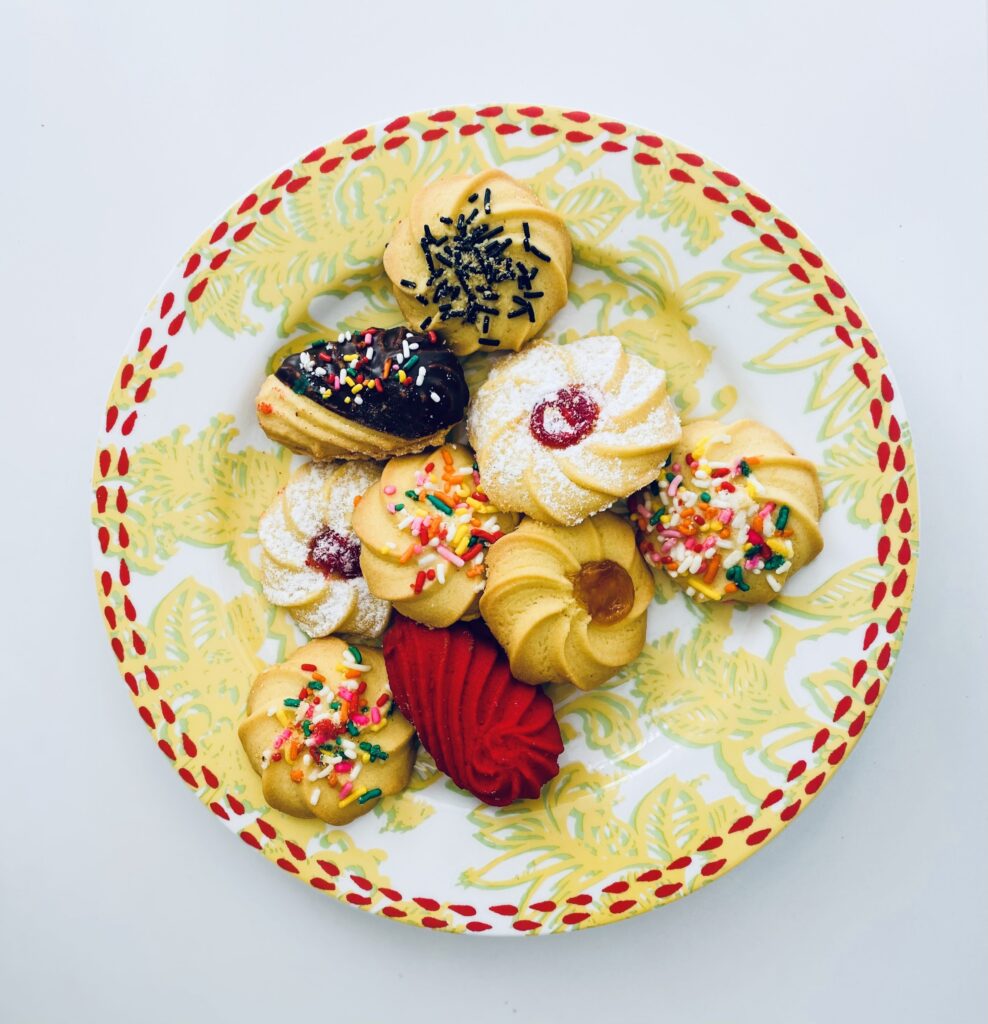


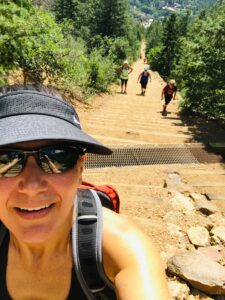


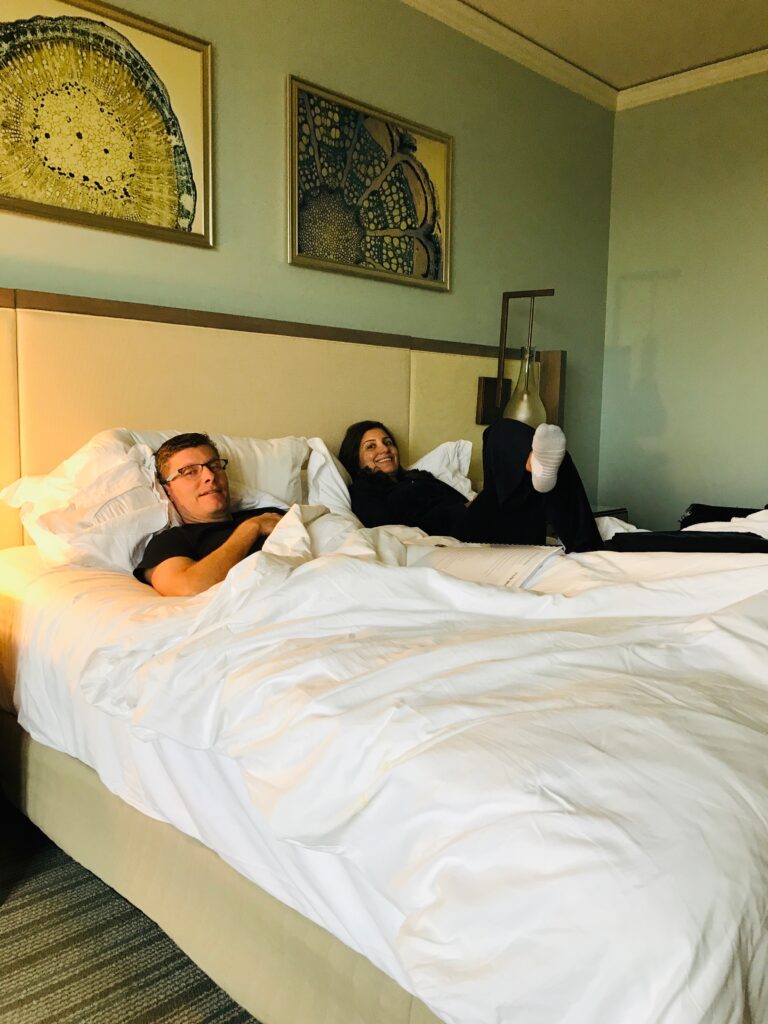
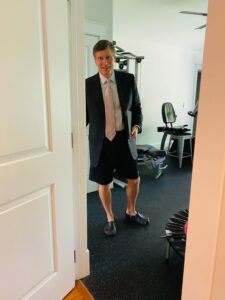
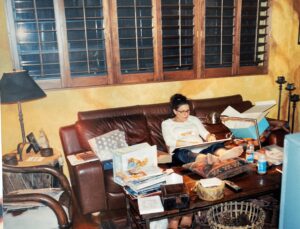
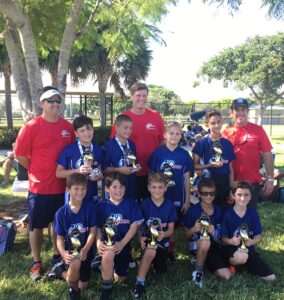
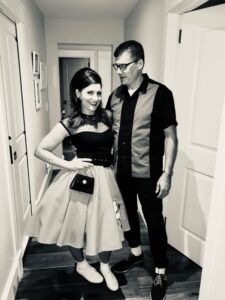
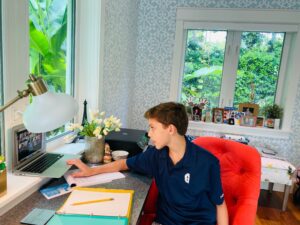


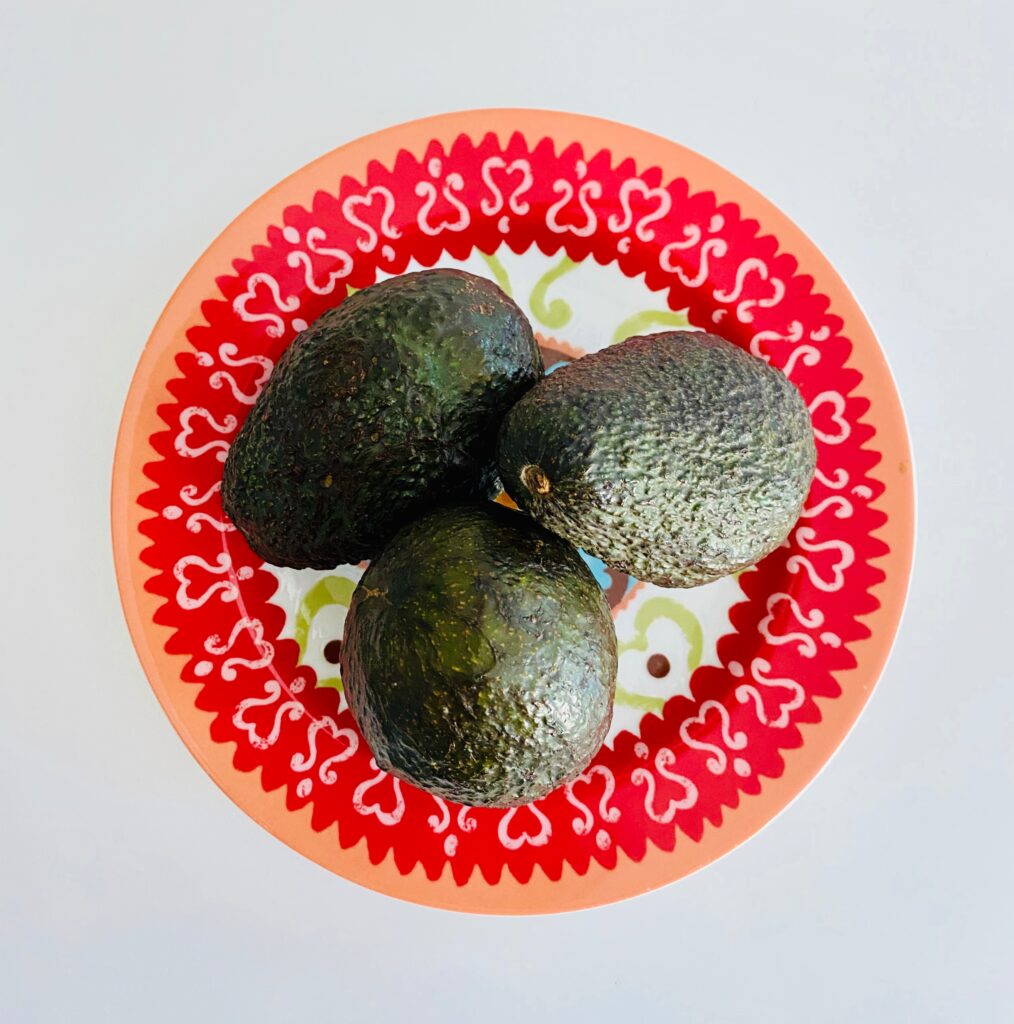 In a few days, these avocados will be ripe enough to mash. I’ll add a little sea salt, onion powder, a dash of cayenne and a squirt of fresh lemon. Plop it on some toasted multigrain and voila, breakfast is served. Delicious avocado toast is certain. So much else is not.
In a few days, these avocados will be ripe enough to mash. I’ll add a little sea salt, onion powder, a dash of cayenne and a squirt of fresh lemon. Plop it on some toasted multigrain and voila, breakfast is served. Delicious avocado toast is certain. So much else is not.


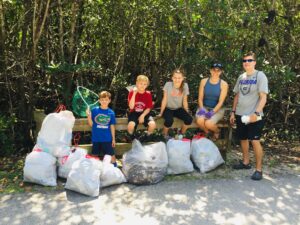
 ONLY USE YOUR IMAGINATION FOR THINGS YOU WANT
ONLY USE YOUR IMAGINATION FOR THINGS YOU WANT
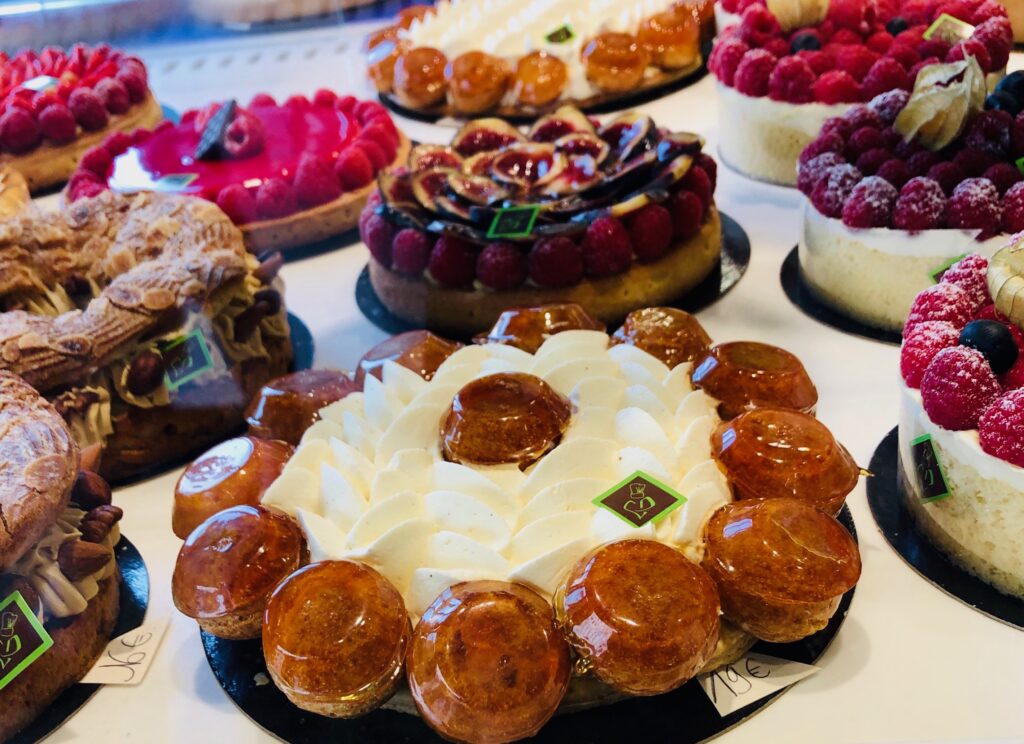 The kids and I binge watched “Zumbo’s Just Desserts” over the interminable summer of the pandemic. One of the contestants who lost straightaway stuck in my head. He was an older guy, who had loved to bake his whole life. When he was younger and choosing a career, he didn’t consider pursuing pastry even though it had brought him so much joy. It wasn’t practical. So he went into sales. All the years into that decision were etched on his face—eyes at half mast, a sickly pallor to his skin and a demeanor plagued by timidity. Having chosen a life he never wanted had cost him. He was so nervous during the competition that he screwed everything up and was eliminated. A lifetime ago, he knew in his bones what he really wanted and he ignored it. What if he’d been such an extraordinary pastry chef that he’d become a household name and made a fortune? He never gave himself the chance.
The kids and I binge watched “Zumbo’s Just Desserts” over the interminable summer of the pandemic. One of the contestants who lost straightaway stuck in my head. He was an older guy, who had loved to bake his whole life. When he was younger and choosing a career, he didn’t consider pursuing pastry even though it had brought him so much joy. It wasn’t practical. So he went into sales. All the years into that decision were etched on his face—eyes at half mast, a sickly pallor to his skin and a demeanor plagued by timidity. Having chosen a life he never wanted had cost him. He was so nervous during the competition that he screwed everything up and was eliminated. A lifetime ago, he knew in his bones what he really wanted and he ignored it. What if he’d been such an extraordinary pastry chef that he’d become a household name and made a fortune? He never gave himself the chance.
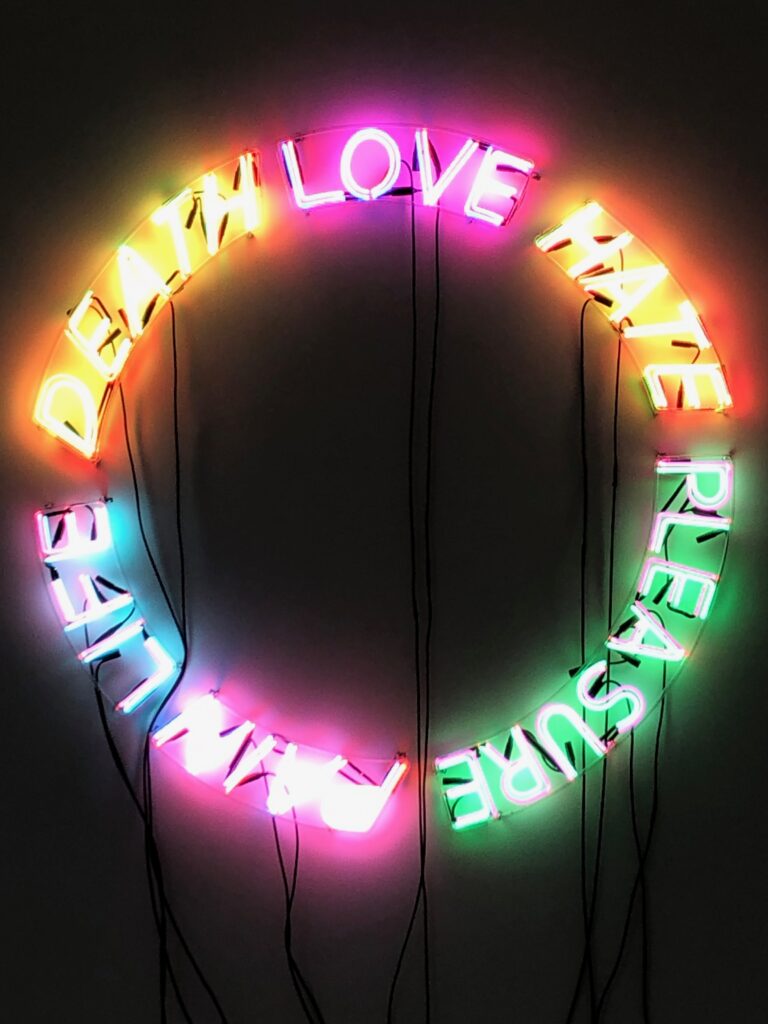 3. Getting in touch with our true feelings.
3. Getting in touch with our true feelings.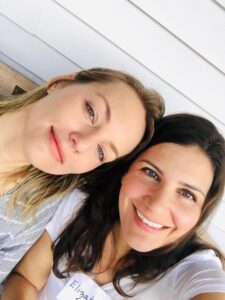

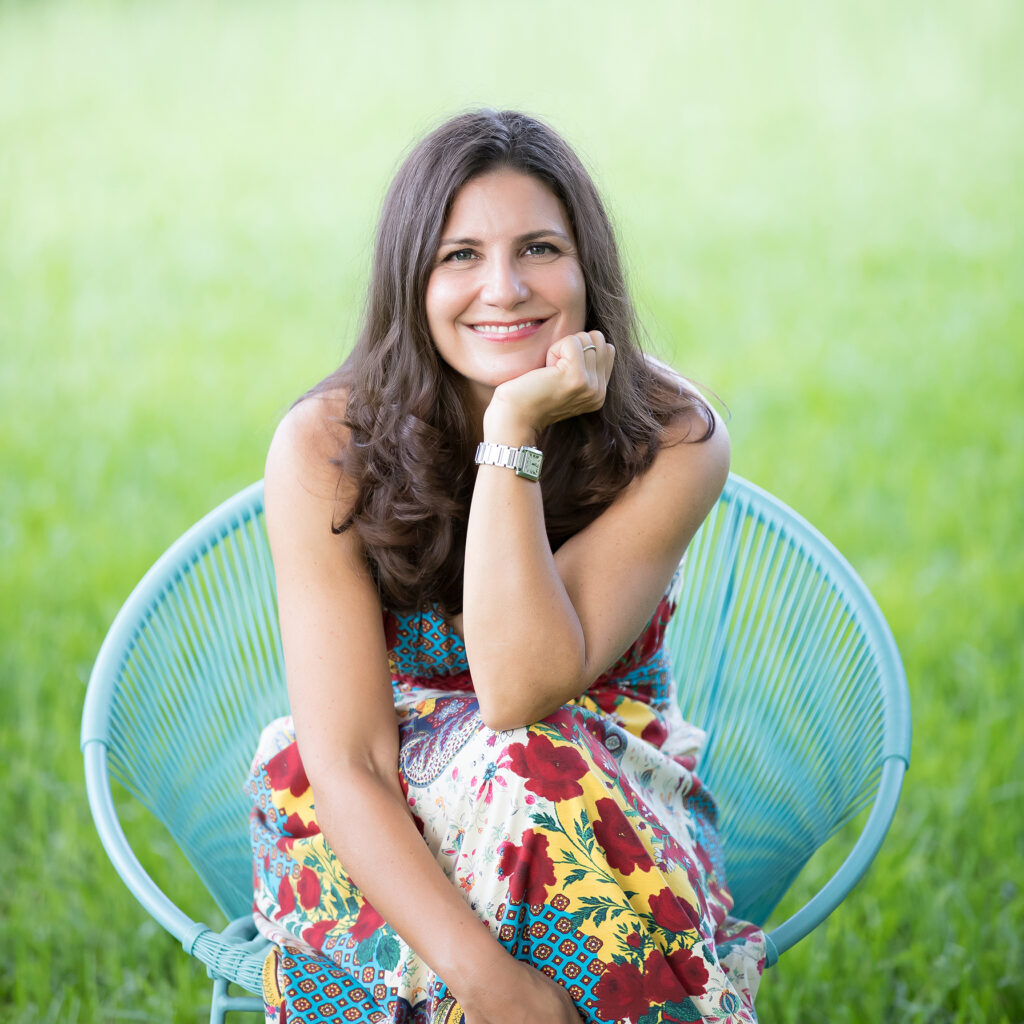


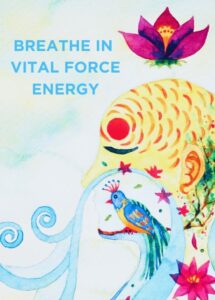


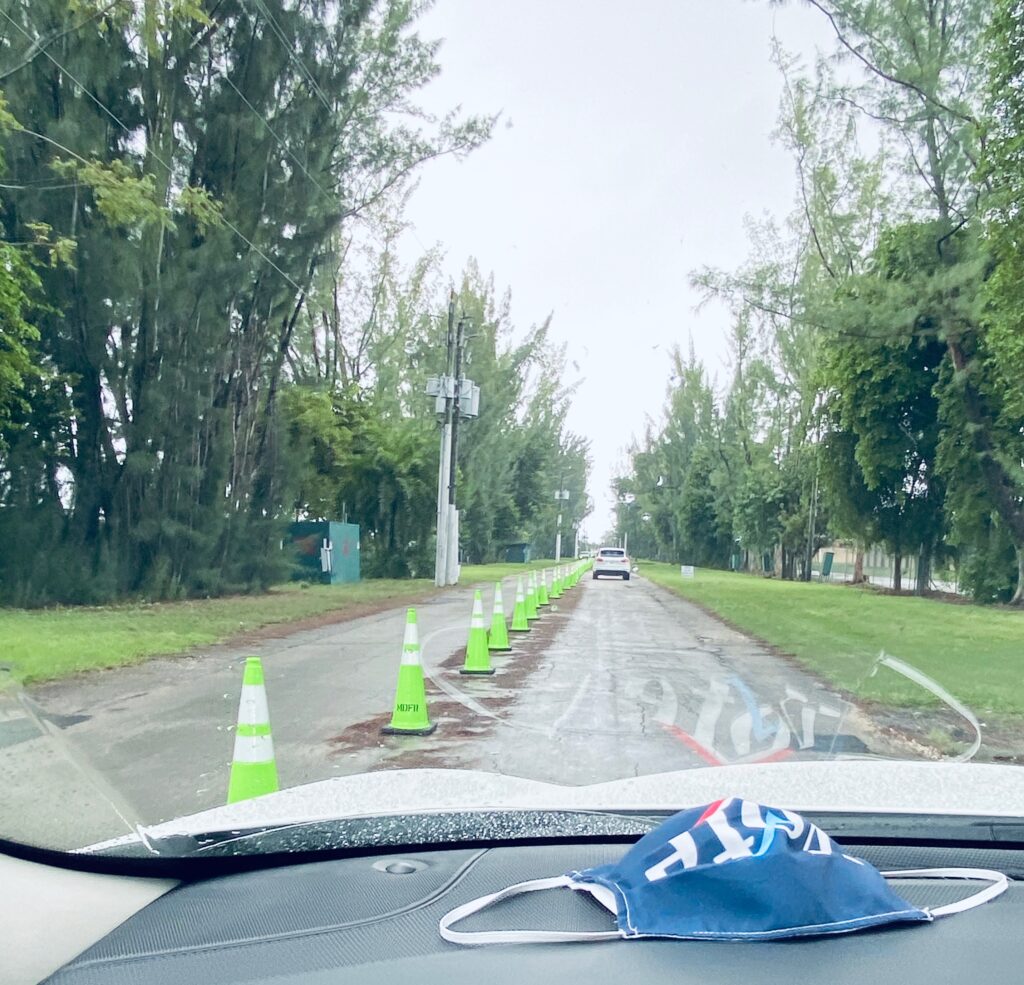 Despite the masks, the relentless sanitizing, and social distancing, we received news that a member of our household had been exposed to the virus.
Despite the masks, the relentless sanitizing, and social distancing, we received news that a member of our household had been exposed to the virus. “You should hear back within twenty-four hours,” she said and waved me on, beckoning the car behind us with her mummied-up limbs. I pulled the car forward to snap a photo of the gigantic semi trucks marked Miami Dade Fire Rescue. This was history in the making after all.
“You should hear back within twenty-four hours,” she said and waved me on, beckoning the car behind us with her mummied-up limbs. I pulled the car forward to snap a photo of the gigantic semi trucks marked Miami Dade Fire Rescue. This was history in the making after all. “Mom, you better take off, here come the cops,” said my older son. A police cruiser loomed in my rear view mirror so I stepped on the gas. Was it illegal to take photos at a government testing facility? I didn’t wait around to find out.
“Mom, you better take off, here come the cops,” said my older son. A police cruiser loomed in my rear view mirror so I stepped on the gas. Was it illegal to take photos at a government testing facility? I didn’t wait around to find out. I was raised to thrive in chaos—my training started early. An unexpected divorce, the surprise departure of a parent, a move across country that none of us kids saw coming. And that was just the beginning. Every few months, our house of cards blew down in one way or the other. By the time I left home and controlled my own life, I was conditioned to worry reflexively. I attended law school with a full 75% of my brain devoted to spinning nightmare scenarios while the remainder worked two jobs and did schoolwork. Before every exam, I cried, long and hard, then got to work. It was exhausting.
I was raised to thrive in chaos—my training started early. An unexpected divorce, the surprise departure of a parent, a move across country that none of us kids saw coming. And that was just the beginning. Every few months, our house of cards blew down in one way or the other. By the time I left home and controlled my own life, I was conditioned to worry reflexively. I attended law school with a full 75% of my brain devoted to spinning nightmare scenarios while the remainder worked two jobs and did schoolwork. Before every exam, I cried, long and hard, then got to work. It was exhausting. Now that I’ve had my cathartic cry, I know there is only one way to deal with all of this. Get back up, take a deep breath and do what I need to do. I will “stand guard at the gate of my mind,” focus on the things I can control and be grateful for all I have.
Now that I’ve had my cathartic cry, I know there is only one way to deal with all of this. Get back up, take a deep breath and do what I need to do. I will “stand guard at the gate of my mind,” focus on the things I can control and be grateful for all I have.